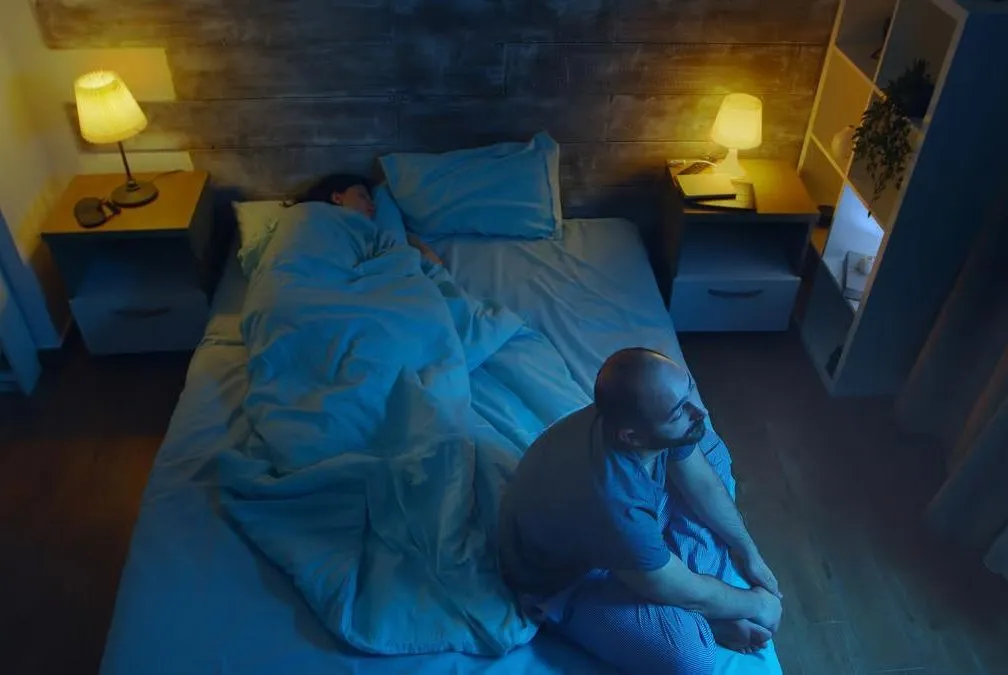Examining Health Implications of Nighttime Light Pollution on Alzheimer's Disease

Health Risks of Nighttime Light Pollution
Recent research suggests that exposure to excessive nighttime light may pose serious health risks, particularly in relation to Alzheimer's disease. This study indicates that individuals living in brightly lit areas are at a heightened risk, with the findings emphasizing the vulnerability of middle-aged populations.
Understanding the Impact
- Light pollution may disrupt natural sleep cycles.
- Quality sleep is critical for cognitive health.
- Further investigations are essential to determine long-term effects.
Conclusion: Addressing Light Pollution for Health Benefits
Mitigating nighttime light exposure can be a proactive approach to potentially lower the risks associated with Alzheimer's disease. Communities and health professionals must collaborate to address this emerging public health concern.
This article was prepared using information from open sources in accordance with the principles of Ethical Policy. The editorial team is not responsible for absolute accuracy, as it relies on data from the sources referenced.